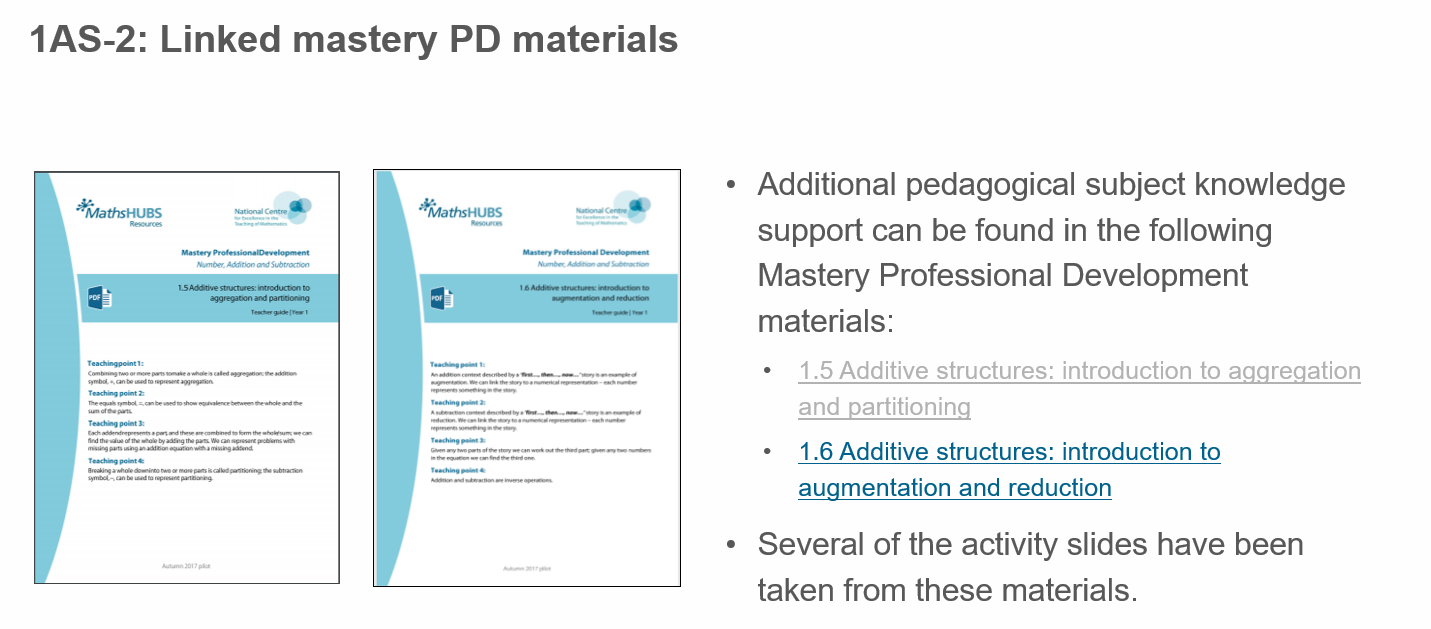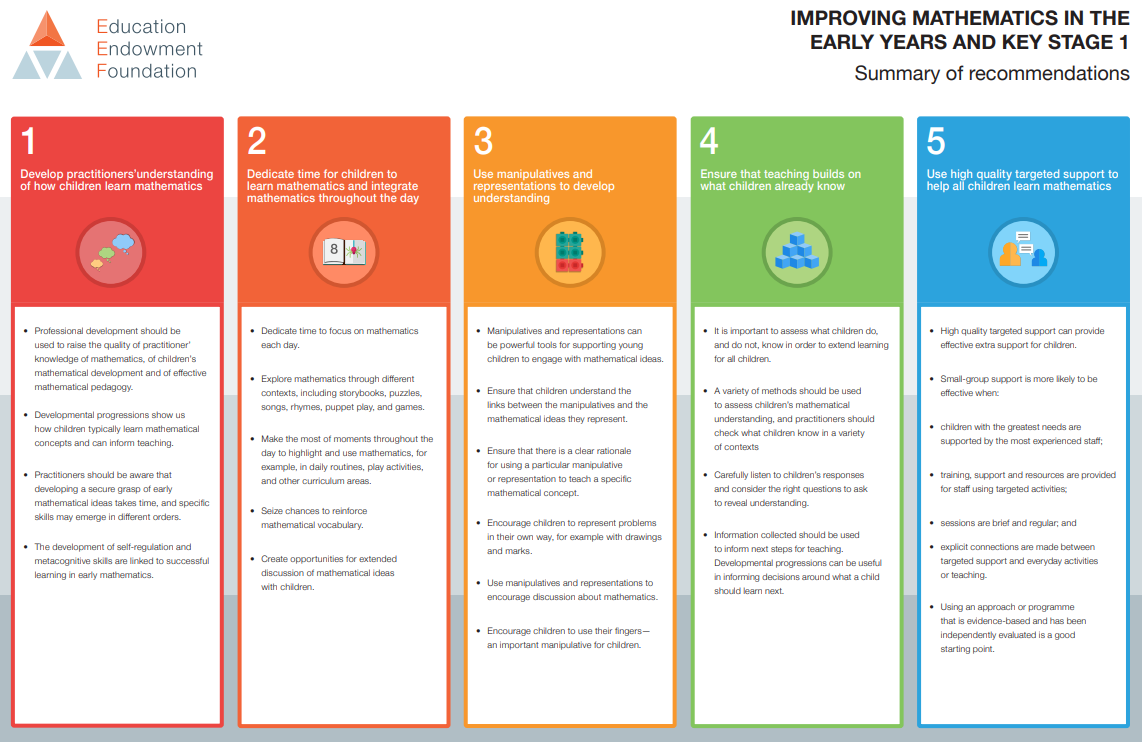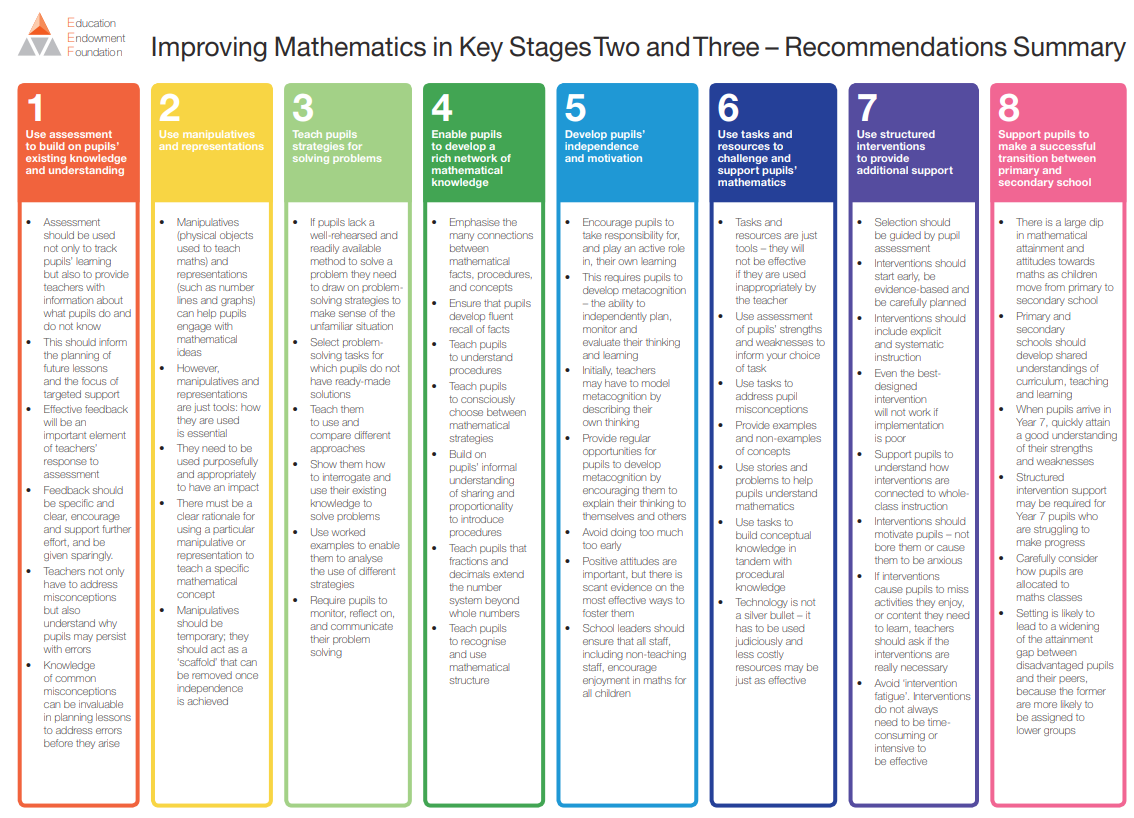Maths CPD
Mathematics
The Learning for Life Partnership follows a mastery approach to mathematics, in which we teach for depth. As defined by the National Centre for Excellence in the Teaching of Mathematics (NCETM), mastering maths means pupils acquire a deep, long-term, secure and adaptable understanding of the subject. Achieving mastery means acquiring a solid enough understanding of the maths that has been taught, to enable pupils to move on to more advanced materials.
Like all areas of the curriculum, mathematics is underpinned by our core values of:
- Integrity – we are honest about our mistakes: we celebrate and learn from them.
- Aspiration - maths teaching for mastery rejects the idea that a large proportion of people ‘just can’t do maths’.
- Courage – All pupils are encouraged by the belief that by working hard at maths they can succeed.
- Respect – We respect everyone’s contributions and ideas in maths.
On subpages and page sections of the maths CPD page, you will find a range of docuements, webinars and blogs to support you in teaching for mastery.
NCETM Ready to Progress
Exemplification of ready-to-progress criteria
Follow this link to find a suite of 79 PowerPoints, each one focusing on one of the ready-to-progress criteria in the new DfE Primary mathematics national curriculum guidance for key stages 1 and 2.
The pupil activities are intended to stimulate interaction and discussion. It is suggested that you use them flexibly and are guided by pupils' response, repeating activities where pupils lack confidence. When using these for Covid curriculum recovery or at the start of a year, you should use the materials from the previous year group. If you are teaching Year 4 for example, the Year 3 materials are used to review, practice and consolidate learning from the previous year. The ready-to-progress criteria are intended as goals for the end of the year.
The PowerPoints contain activities that can be used within the context of pre-teaching, intervention, or as supplementary material integrated into teaching. They do not represent complete lessons and should not be used as such. Also they should not be used all at once, but over the period of a teaching unit. It would be valuable to use many of the activities more than once to build fluency in understanding and application. Also many of them would benefit from the use of manipulatives to support interaction with the ideas. Ensure you engage in rich discussion with the children, asking them to reason and explain the ideas presented. Note that when working with a small group, pupils should also have access to the main teaching delivered by the class teacher and the focus should be directly linked so that the learning is connected and fluency is built.
In the PowerPoints, there are slides that link you to other mastery professional development materials. The image below shows this; you can click on the link and will be take to videos which will further develop your subject knowledge and understanding of what you are teaching.
 https://www.ncetm.org.uk/classroom-resources/primm-1-05-additive-structures-introduction-to-aggregation-and-partitioning/
https://www.ncetm.org.uk/classroom-resources/primm-1-05-additive-structures-introduction-to-aggregation-and-partitioning/
NCETM teaching for mastery
Children’s chances of success are maximised if they develop deep and lasting understanding of mathematical procedures and concepts. The NCETM explains the rationale behind this, and provides planning and assessment resources, as well as case studies and interviews from schools involved in mastery projects.
Great links to further your understanding of teaching for mastery, can be found below.
The first link takes you to a page which you will be able to explore 'mastery' in more detail: https://www.ncetm.org.uk/teaching-for-mastery/. One great aspect to this page are the model lessons; to access these, click on 'Mastery Maginfied > Primary Lesson Videos'. Although these lessons do not use a specific scheme, you will see teaching for mastery principles and a similar lesson desgin (I do, we do, you do/teacher modelling/use of talk etc).

This like will take you to CPD, delivered by Debbie Morgan. She explain what mastery is and what depth looks like in children's work.
https://www.ncetm.org.uk/teaching-for-mastery/mastery-explained/a-video-overview-on-teaching-for-mastery-at-primary/
Education Endowment Foundation
The Education Endowment Foundation (EEF) is an independent charity dedicated to breaking the link between family income and educational achievement.
They do this by supporting schools to improve teaching and learning through better use of evidence.
The EEF have produced guidance reports for improving mathematics in EYFS & KS1 and a separate report for KS2/3.
The summary posters for these reports can be found below. If you would like to further develop you professional development, you can access the full reports by clicking on the links (below each image).

https://d2tic4wvo1iusb.cloudfront.net/eef-guidance-reports/early-maths/EEF_Maths_EY_KS1_Guidance_Report.pdf?v=1635355217

https://d2tic4wvo1iusb.cloudfront.net/eef-guidance-reports/maths-ks-2-3/KS2_KS3_Maths_Guidance_2017.pdf?v=1635355220


